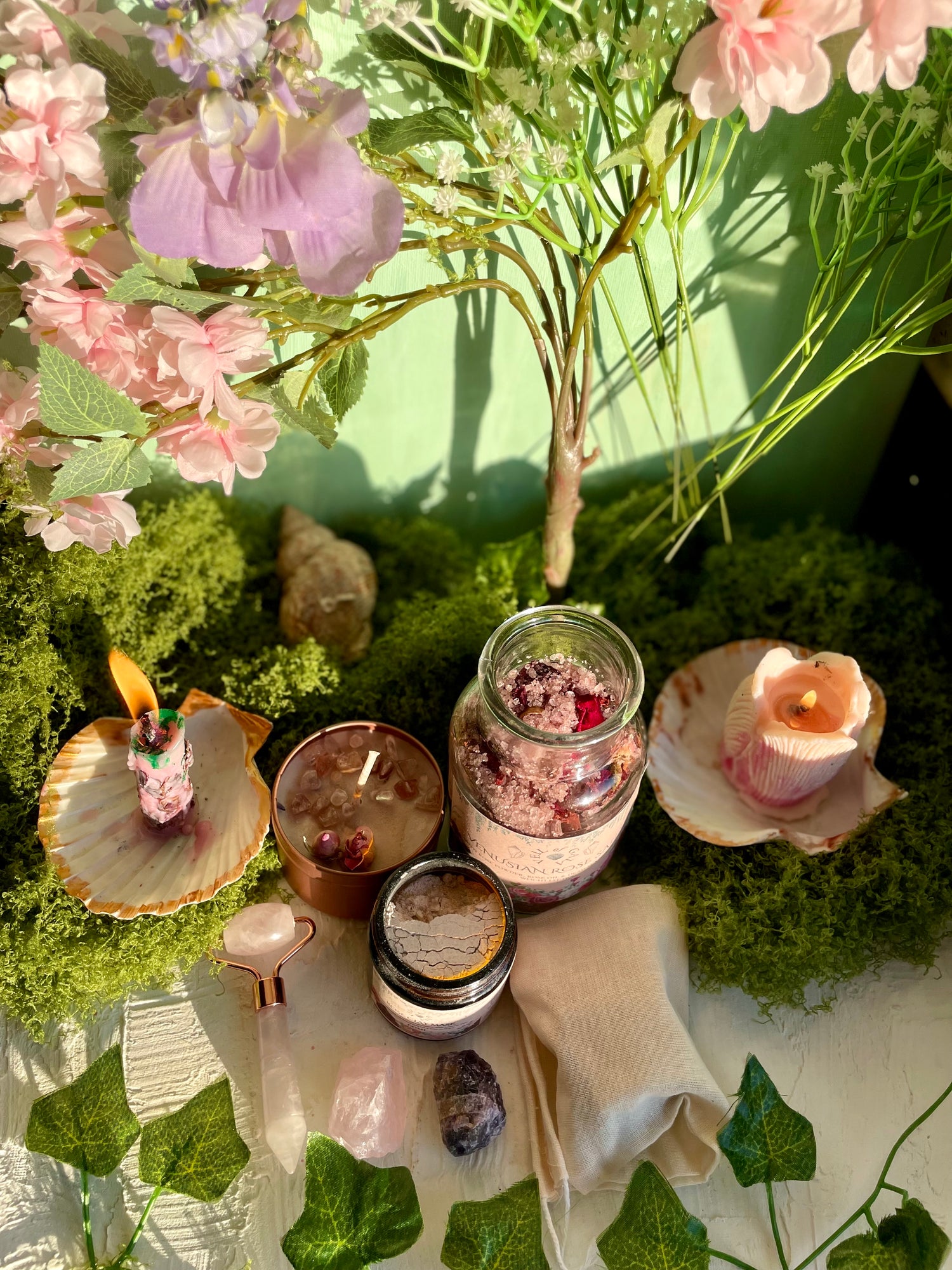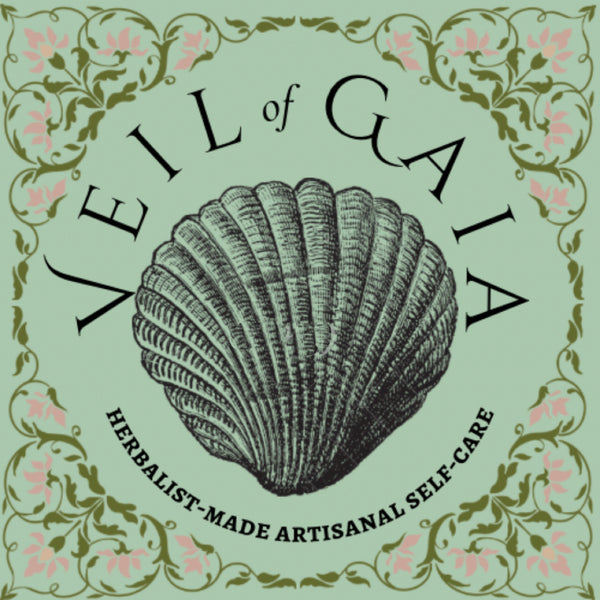The opener of the heart, rose is the perfect remedy for all sorts of ailments, having been used for centuries for its divinely healing properties, from the physical, mental, emotional and spiritual.
In Tea or Tinctures:
Reduce anxiety and tension as it is a nervine herb, soothe menstrual cramping, balance hormones, ease menopause symptoms, soothe stomach issues and digestive concerns, good for the heart and circulatory system, promote cellular renewal due to high antioxidant content, antispasmodic meaning it can relieve respiratory ailments such as coughs as well as cramping and spasms, treats cold-like symptoms due to antimicrobial properties, help with chronic inflammation.
Avoid taking internally if you are pregnant.
Applied Topically:
Reduce redness, known for its anti-ageing properties, soothe irritation, tighten pores, anti-inflammatory properties reduce the risk of breakouts, tones the skin due to astringent properties, antioxidant content helps to boost cell renewal making the skin look and feel youthful and rejuvenated, balance the pH of the skin, great for balancing hormones for those with PMS or menopause symptoms, cleanses the skin due to antimicrobial content resulting in less breakouts, acne and clogged pores. The essential oil of this flower can also be used to treat insect bites and sunburnt skin.
In Aromatherapy:
Calms anxiety, boosts mood, lifts the spirits making it a great aromatherapy oil for depression and stress, balances the emotions, is an aphrodisiac, reduces headaches, mildly sedative meaning it promotes quality sleep.
Throughout History:
Use of this healing flower can be traced back to over 2,000 years ago, with evidence of it being used in skincare, cooking, aromatherapy, rituals and spiritual practice. The ancient Egyptians crafted beauty remedies from the flower, notably Cleopatra’s rose petal baths.
Dosha: In Ayurveda, rose is considered a ‘Tri-doshic’ herb, meaning it helps to balance Vata, Pitta and Kapha. It is used as a cooling herb and is used to treat the skin, heart, digestive system, emotional wellbeing and types of body inflammation.
Spiritually:
Associated with the Goddess, Yin energy, beauty, compassion, self-love, fertility, balance and the heart chakra. The spiritual history of roses dates back to ancient civilisations, where these flowers were revered for their beauty and symbolic significance. In ancient Greece and Rome, roses were associated with love and beauty, dedicated to goddesses like Aphrodite and Venus. In the Christian tradition, roses came to symbolise divine love and martyrdom, with the red rose representing Christ's sacrifice and the Virgin Mary often depicted with a white rose, symbolising purity. In Sufi mysticism, the rose is a symbol of the soul's journey towards divine love and spiritual enlightenment, embodying the unfolding of spiritual wisdom and the beauty of the divine. Across various cultures and spiritual traditions, the rose has remained a powerful emblem of love, purity, and the mystical quest for deeper truth!


